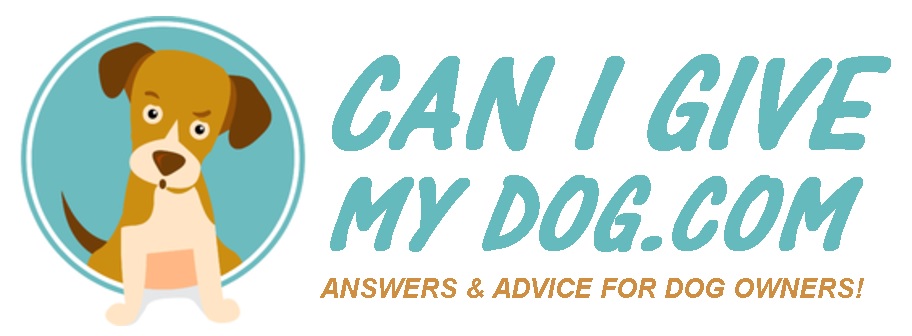It is essential that your dog receives sufficient Lysine.
This amino acid is a major component to good health. In particular, the immune system will benefit.
 Lysine is especially important for puppies.
Lysine is especially important for puppies.
That said, it’s usually unnecessary to supplement which explains why most folks are unaware of this dietary need.
Extra Lysine is Rarely Required For Dogs
Conventional store-bought canine chow covers this dietary need.
Sara Redding Ochoa (DVM) from Whitehouse Veterinary Hospital wanted to offer her advice…
“Lysine helps to boost the immune system, but the vast majority of dogs get sufficient amounts from food sources. Sometimes it’s beneficial for older dogs with poor appetites to take multivitamins and, if lysine is included, it wouldn’t hurt!”
FYI: Adult dogs should be getting somewhere between half a gram to 1 gram of Lysine daily.
Speak to your vet if you have reason to believe a deficiency exists.
We say this because there are dangers linked to this type of supplementation. Keep reading to learn more about the risks.
Can Lysine Be Harmful?
This amino acid is not dangerous when used appropriately.
One exception would be if a huge amount is somehow consumed.
Not to scare you but your dog’s kidneys can be damaged. Acute renal failure AKA nephrotoxicity is possible.
To be specific, L-lysine doses exceeding 2,000mg per pound of body weight would be harmful.
Take a look at this Japanese study for more details.
Be safe. Keep all of your supplements out of your dog’s reach!
Diet Does The Trick
Again, Lysine is literally classified as essential.
Why is that?
Because your dog’s body cannot synthesize it; Lysine must come from external sources.
And when going the natural route, which is obviously best, the amount does not need to be exact.
It is also easy because many foods contain Lysine!
For example, fish is an especially great source, as are most meats. But, again, dog foods contain plenty.
Rest assured, delivering enough to your best buddy is almost automatic!
Why Lysine is Vital
Lysine plays an integral role when it comes to regulation of your dog’s internals.
Antibodies, enzymes and even hormones function better with this amino acid. These are related to how it fortifies the immune system.
But there is debate concerning whether Lysine is an effective treatment for dogs with chronic viral infections. The data is inconclusive.
Protein And Calcium
Everyone knows that dogs need plenty of protein. That, as well as calcium, is how canines thrive.
What isn’t really talked about is how Lysine enables the biosynthesis of protein and calcium absorption.
Translation: The benefits of protein and calcium go hand-in-hand (or paw-to-paw) with Lysine!
It is that important!
Cats Versus Dogs
It is ordinarily cats that get prescribed Lysine, not dogs. Such a recommendation is much more common for felines.
But, again, dogs definitely need Lysine too!
The Bottom Line
There is rarely a need to give your dog Lysine.
While this amino acid is super important, topping up is typically not something you need to be concerned with.
Dogs easily get their requirements met by consuming foods.

I have a soon to be 11 year old goopy eyed Frenchie. I give two small scoops a day and it seems to help his eyes and allergies.
My dog is 11.5 years old. Some days she will only eat once, her choice. She has developed warts on one toe which bleed when she is walking around. She is an active hiking dog and this is more of a problem for me than her.
The warts don’t bother her. I clean and wrap her toe, but this is a temporary solution. I read that she may have an imbalanced immune system due to her diet. Would lysine help in this situation?
My 9 or 10 pound dog has a poor immune system and has had chronic nasal infections for 2 years. She has been on an antibiotic almost every month. She is old, does not eat well, needs me to feed her when her appetite is down. I feel L-lysine would benefit her, but I do not know how much to give her.
I make my dog’s food using meat, including fish. She gets protein and vegetables, plus she takes supplements. Should I also be giving her Lysine? If so, what’s the dosage? She is 62 pounds.
If the diet is balanced, it shouldn’t.
I give me cat Lysine to clear up that dripping stuff from his eyes. I was wondering, would 1,000mg do the same for a dog?